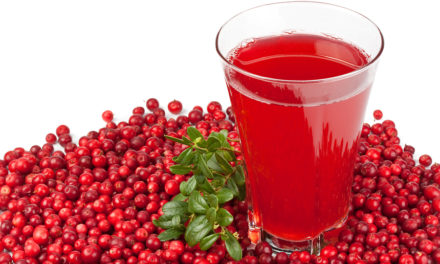A new animal study shows the effectiveness of probiotics in supporting the immune system. The authors concluded, “Altogether, our data suggest that L. plantarum JDFM LP11 increases the diversity and richness in the microbial community and attenuates the ileal immune gene expression towards gut inflammation, promoting intestinal development in weaned piglets.” Similar results were produced with chickens in another new study with L. plantarum and Paenibacillus polymyxa. Researchers concluded, “Taken together, L. plantarum 16 and Paenibacillus polymyxa 10 could improve intestinal and body health status of broilers by increasing intestinal barrier function, anti-oxidative capacity and immunity, and decreasing cell apoptosis with strain-specificity.” Cows fed probiotics also enjoyed immune enhancement, according to another animal study.
Probiotics may benefit the immune system of humans as well. One study looked at 140 patients with stomach cancer. In that study, IgG, IgA and IgM, were higher in the test group than in the control group. Moreover, the improvements of inflammatory cytokines including IL-6, IL-8 and TNF-α in patients of the test group were better than those of the control group.
One human study found that probiotic supplementation could enhance the effectiveness of the flu vaccine. In another human study, the authors concluded, “prebiotics and probiotics could lead to potentially beneficial effects to host health by targeting specific bacterial groups, increasing saccharolytic fermentation and decreasing inflammation associated with aging.”
Interestingly, nursing mothers can boost the immunity of their infants by taking probiotics. Mothers were randomized to receive placebo or Lactobacillus rhamnosus before delivery and during breastfeeding. Total numbers of IgM-, IgA-, and IgG-secreting cells at 12 months were higher in infants breastfed exclusively for at least for 3 months and supplemented with probiotics as compared with breastfed infants receiving placebo. Researchers stated, “We found an interaction between probiotics and breastfeeding on number of Ig-secreting cells, suggesting that probiotics during breastfeeding may positively influence gut immunity.” Similar results were found in another study. Neonates of mothers who were given L. rhamnosus had higher CB IFN-gamma levels, and a higher proportion had detectable blood IFN-gamma levels, compared with the placebo group.
Probiotics show great potential for enhancing the immune system. Positive results have been produced by numerous animal studies. Human studies have been encouraging as well. They have prevented relapse in patients taking antiviral drugs; they have enhanced the efficacy of vaccines, improved the health of newborns and even boosted immune markers in cancer patients.






